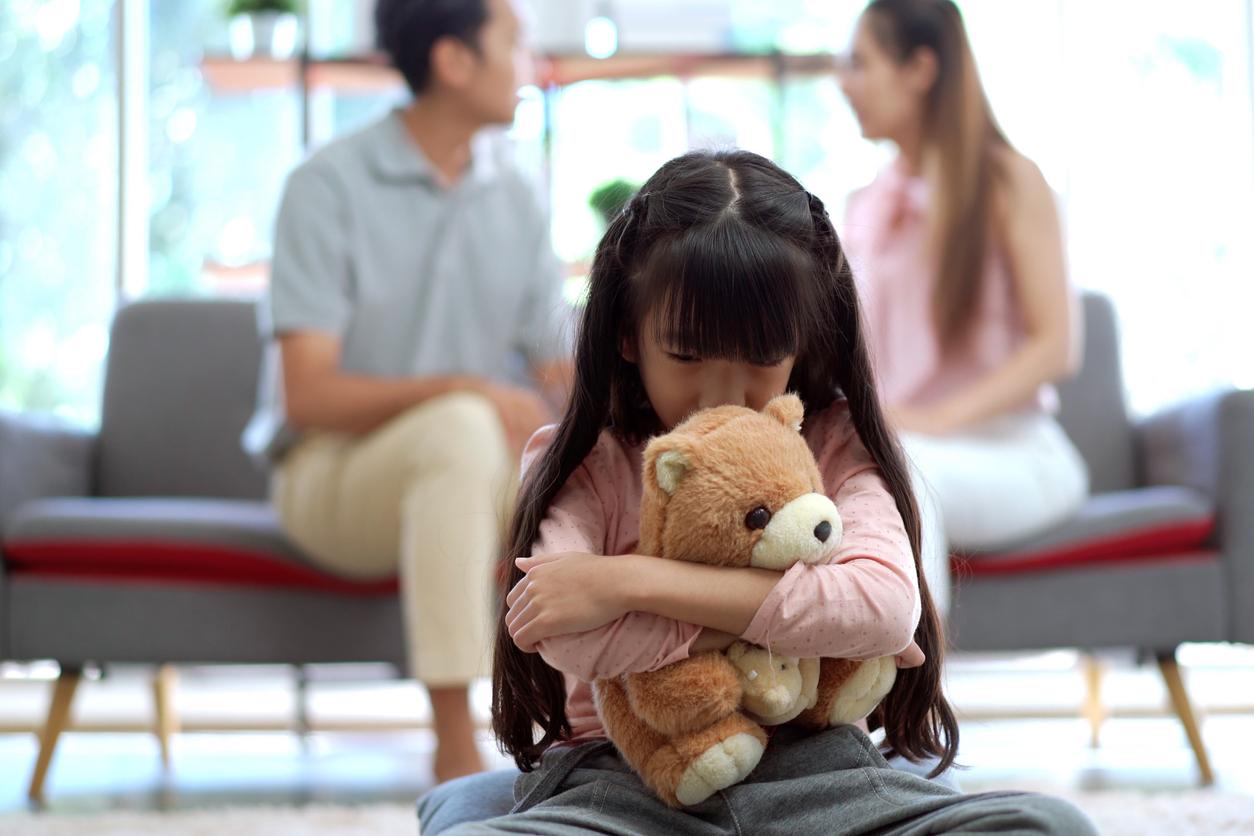Empathetic children are more likely to show signs of poorer health when there is a lot of conflict between parents.

- Empathetic children are more likely to show signs of poorer health in the face of interparental conflict than other children.
- A study shows they have higher levels of C-reactive protein, a marker of inflammation.
- For the researchers, their study shows that empathy is not always a good thing, and that children need to be taught to use it wisely.
“For children aged 7 to 9, the family home and parents are important, so observing conflict between parents can be stressful.explains researcher Hannah Schreier. And we now know that children can react negatively to physiologically perceived conflict.” And according to his work published in the journal Brain Behavior and Immunitythe effect of interparental disputes on health will be even greater on empathetic children.
Parental conflict increases inflammation in empathic children
For the study, the team from Penn State College of Health and Human Development took data and blood samples from 106 children ages 7 to 9 who had participated in a parenting study. The scientists conducted home visits and assessed the children’s perceptions of interparental conflict, including whether they felt threatened or felt responsible when their parents argued. The parents were asked to rate their child’s overall health on a scale from excellent to poor. The young participants were also asked whether they had empathy.
Additionally, the researchers analyzed levels of C-reactive protein (CRP) and interleukin-6 (IL-6) in blood samples taken from the children. High levels of CRP and IL-6 indicate higher levels of chronic inflammation in the body.Chronic background inflammation, which may not be a concern in the short term, is linked to negative long-term health effects when elevated over a long period of time“, the authors specify in their communicated.
Results of the various analyses: Children who reported being more empathetic had higher levels of CRP. This suggests higher levels of chronic inflammation. In addition, they displayed poorer overall health when they perceived more interparental conflict.
Empathy: you have to learn to be it wisely
“These results raise interesting questions about children’s family and school environmentsadds Hannah Schreier. Empathy is important, especially at this stage of life, but it doesn’t make sense to push the teaching of empathy to all children. Some of them may need help understanding when it’s okay to set boundaries and how to balance being aware of how others are feeling and not taking on everything that happens.”
“The main message of our company is that empathy is a good thing and that it is beneficial for us to be surrounded by more empathetic people. But empathy can have positive and negative impacts. We don’t talk much about what it means for the most empathetic person and what it means to take on the emotions of others. Our work adds to a growing literature showing that being more empathetic can have negative consequences for your health“, concludes the scientist.

















